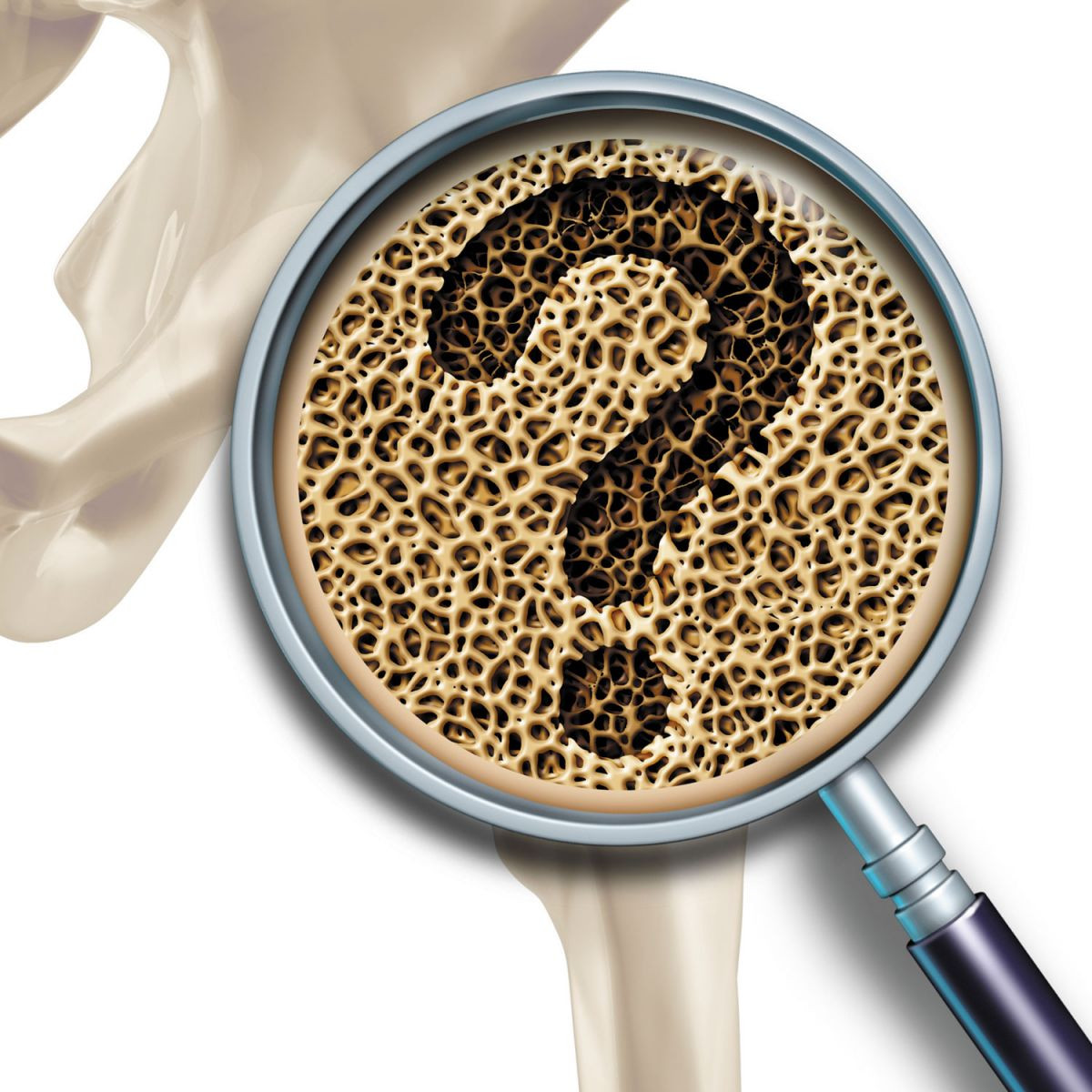Recent Blog Articles

Testosterone-blocking drugs boost heart disease risk when given in combination

Parenting isn't easy: Two important skills can help

Does sleeping with an eye mask improve learning and alertness?

Do tattoos cause lymphoma?

Hot weather hikes: Staying safe when temperatures spike

Cannabis drinks: How do they compare to alcohol?

What is Lewy body dementia?

Dog bites: How to prevent or treat them

Ever read your medical record? Here's why you should

Shining light on night blindness
Screening Tests for Men Archive
Articles
Passing your physical exam
The annual check-up is important for older men. Here is how to make the most out of your visit.
Men have a long reputation for avoiding check-ups, and that resistance tends not to soften when they are older.
"Many older men put off exams because they fear finding out something is wrong," says Dr. Suzanne Salamon, a geriatrician with Harvard-affiliated Beth Israel Deaconess Medical Center. "Also, many of today's baby boomers don't think they will have medical problems associated with age, so it can difficult for the 'younger older men,' like those in their 60s and early 70s, to see their doctor."
Colon cancer testing: What's in it for you?
Image: iStock
Being checked for hidden colorectal cancer is a smart bet, though it's hard to say whether it will ultimately extend your life span.
Recently, the National Colorectal Cancer Roundtable—a national organization of medical groups, health care providers, government agencies, and patient advocates—launched the "80% by 2018" initiative. The goal is to convince more people to get screened for hidden colorectal cancer. Right now, about 65% of Americans do so.
Which tests do you need in 2016?
Make sure you get your blood pressure measured at least once a year.
Image: Thinkstock
Screenings for cardiovascular disease, diabetes, and cancer aren't always routine.
Ask the doctor: Medical x-rays and risk of cancer
Image: Thinkstock |
Q. I am currently receiving annual chest CT scans to check for hidden lung cancer (I used to be a heavy smoker). Should I be concerned about the cumulative effects of radiation exposure?
A. Radiation from medical scans can cause cancer, but the level of exposure considered potentially dangerous appears to be many times greater than the average CT scan. In addition, cancer from medical scans takes decades to develop, which makes it less of a concern for men being screened for lung cancer, which is currently only recommended for current or former smokers ages 55 and older. Radiation from CT scans is a bigger concern for children and young adults, who have more time to develop cancer after exposure to medical x-rays.
Should you be tested for weak bones?
| Image: Thinkstock |
Men also get osteoporosis—but consider your risk factors before deciding to have a bone-strength test.
Men's and women's bodies differ in plenty of ways, but we all have bones, and with aging they may lose some of their strength and leave us more vulnerable to dangerous fractures of the hip or spine. Osteoporosis is not exclusively a women's health issue.
Biomarkers for better prostate cancer screening
Biomarkers are "chemicals" that can indicate both normal and abnormal processes in the body. One of the most famous is prostate-specific antigen (PSA). The PSA test, which detects abnormally high blood levels of PSA, has been used for decades to screen for prostate cancer and potentially catch it early.
There are two problems with the PSA test. First, PSA levels can tell you that something is going on with the prostate — but that "something" isn't necessarily cancer. High levels may mean other benign prostate conditions. Second, when high PSA levels do turn out to be the result of prostate cancer, the PSA level alone won't tell you which cancers are aggressive and need treatment, and which are slow-growing and can be managed more conservatively.
Abdominal aortic aneurysm: When you need this one-time test
Family history or past smoking both point to higher risk for this potentially fatal condition.
How many "lifesaving" medical tests have you been offered lately? One frequently marketed to older men is an ultrasound of the abdominal aorta, the large artery below the heart that feeds the lower body. A bulging weak spot there—an abdominal aortic aneurysm (AAA)—could eventually rupture, and that is usually fatal.
High-tech heart scans not always helpful
Doing high-tech heart scans on people at above-average risk of heart problems sounds like common sense, but it often doesn't add much benefit to just taking necessary medications, staying fit, eating healthy, and not smoking. This is one take-home message from a study in The Journal of the American Medical Association, which involved a group of people long known to be at higher cardiac risk: middle-aged adults with diabetes.
The 900 study participants were already being treated with medication and other measures to lower their blood sugar. They had no existing symptoms of clogged arteries, like chest pain or past heart attacks. Half were chosen at random to have CT angiography, a scan that can reveal cholesterol-rich deposits that lead to heart attacks.
Recent Blog Articles

Testosterone-blocking drugs boost heart disease risk when given in combination

Parenting isn't easy: Two important skills can help

Does sleeping with an eye mask improve learning and alertness?

Do tattoos cause lymphoma?

Hot weather hikes: Staying safe when temperatures spike

Cannabis drinks: How do they compare to alcohol?

What is Lewy body dementia?

Dog bites: How to prevent or treat them

Ever read your medical record? Here's why you should

Shining light on night blindness
Free Healthbeat Signup
Get the latest in health news delivered to your inbox!
Sign Up








